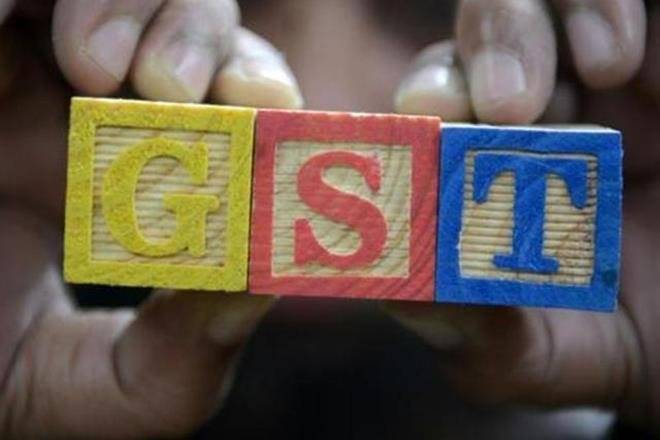
Acuite believes that the reduction of GST on over 50 items, largely consumer durables will boost consumption in the economy and is likely to have a positive impact on capacity utilisation of the domestic manufacturing ecosystem. Some of the products where the reduction has been proposed relate to the indigenous handicraft sector which is expected to regain its competitiveness vis-a-vis cheaper imports. This also moves the GST structure towards a narrower and simpler taxation band. However, such rationalisation would lead to revenue losses for the Government and would present risks to fiscal deficit and core inflation.
Since the implementation of the GST in July 2017, the GST Council has adopted a phase wise rationalisation of the tax structure to provide relief to certain industry sectors and address any potential anomalies. In the 28th GST Council recently, the Government has reduced the applicable tax to over 50 items which is expected to boost demand in the consumer discretionary segment and give a fillip to the domestic manufacturing setup particularly MSMEs which are involved in the value addition chain. The GST rates for over 17 consumer durable goods including televisions (of over 27” size), washing machines, refrigerators, etc. and paints have been reduced from the highest slab of 28% to 18% which is expected to make these goods more affordable and increase their penetration in the semi-urban and rural areas. Furthermore, the reduction in rates on some of the handicraft products such as handbags and leather items including low priced footwear is also expected to strengthen domestic manufacturing of these items and enhance their competitiveness against cheap imports.
Higher demand and increased capacity utilisation thereof in some of these sectors may also lead a renewal of the much awaited capex cycle in the private sector. The proposed measure to apply GST on actual tariff basis instead of the standard tariff rates will benefit the domestic hotel and tourism sector particularly the mid to premium category of hotels where there is significant divergence between the above rates. The decision to reduce the GST on ethanol from 18% to 5% will also spur oil companies to go for higher offtake from the sugar industry, thereby improving their cash flows.



